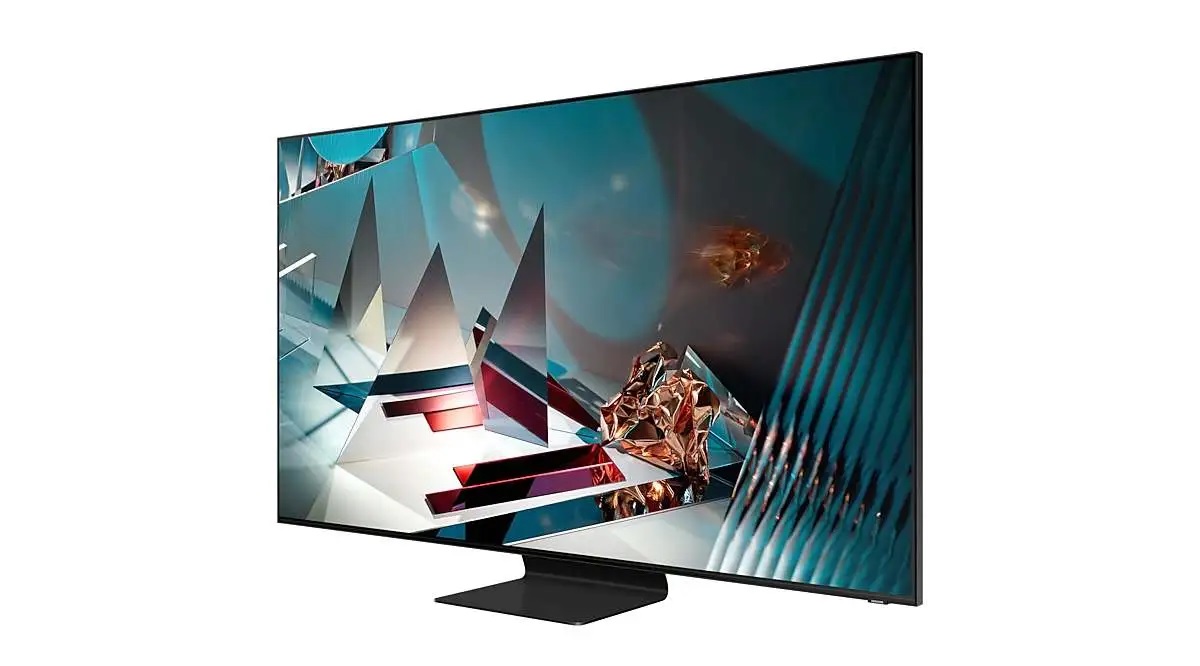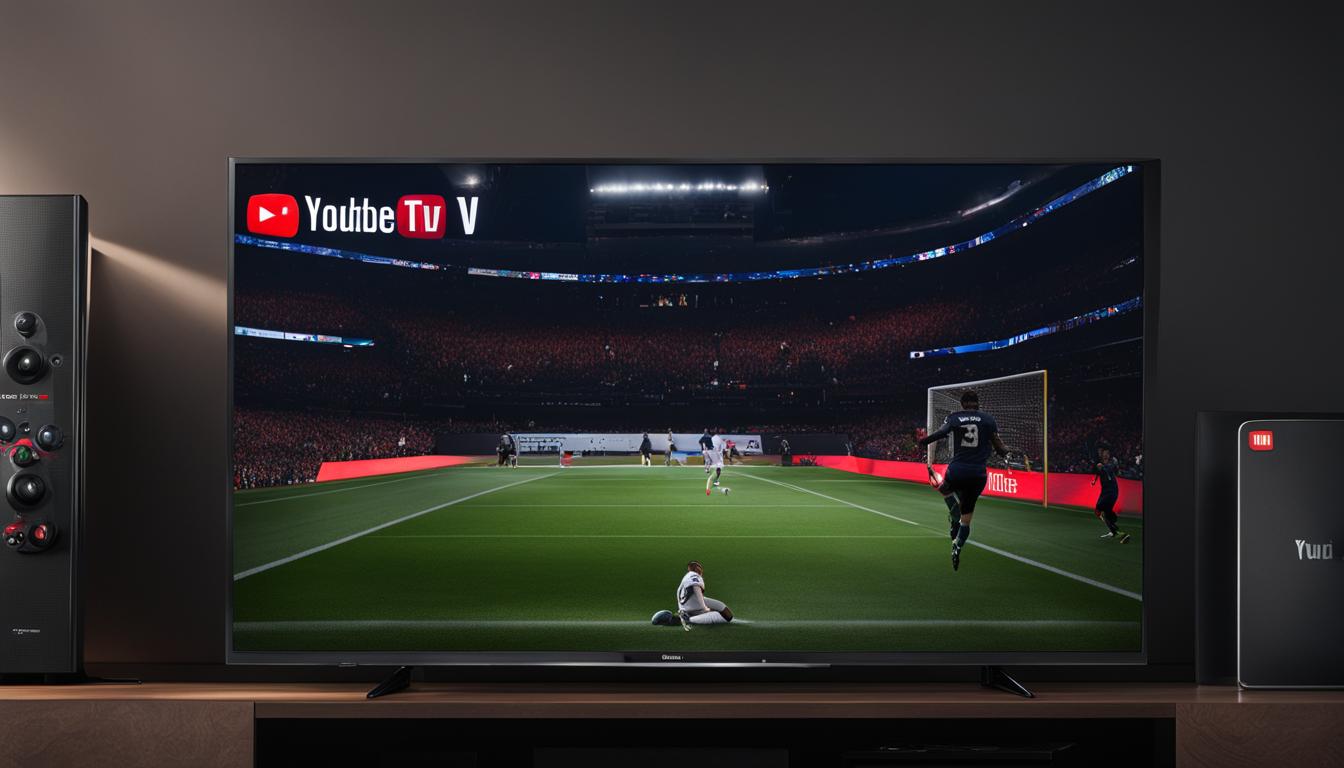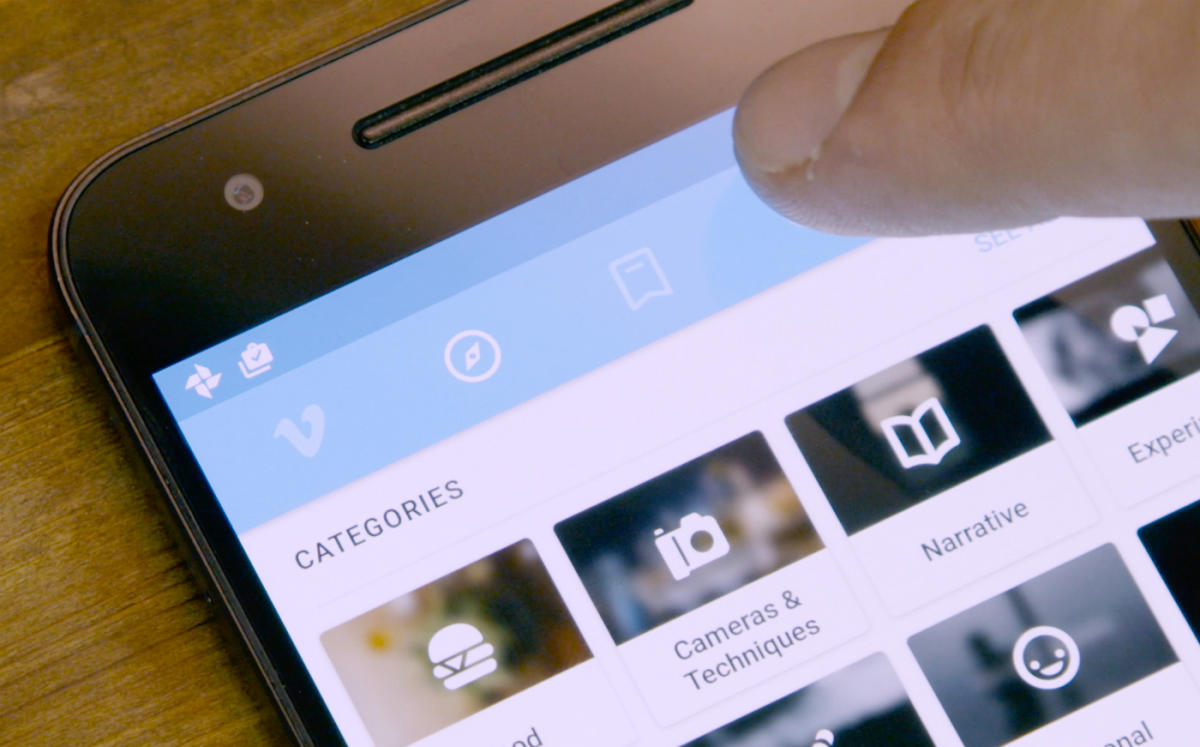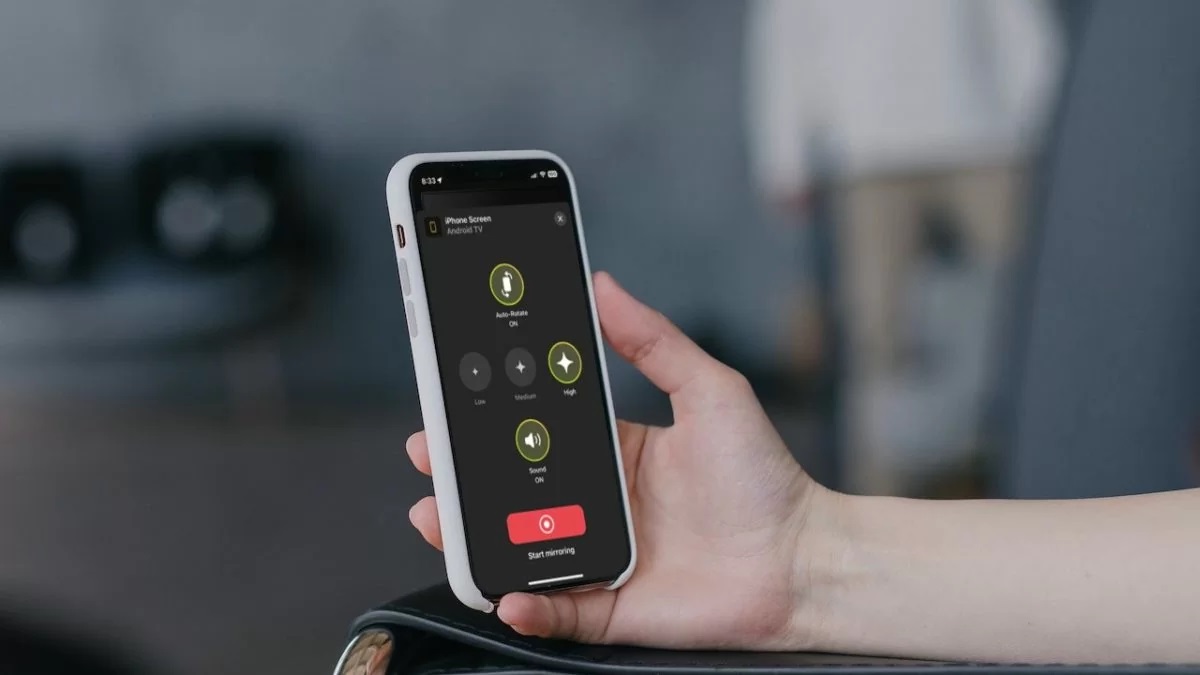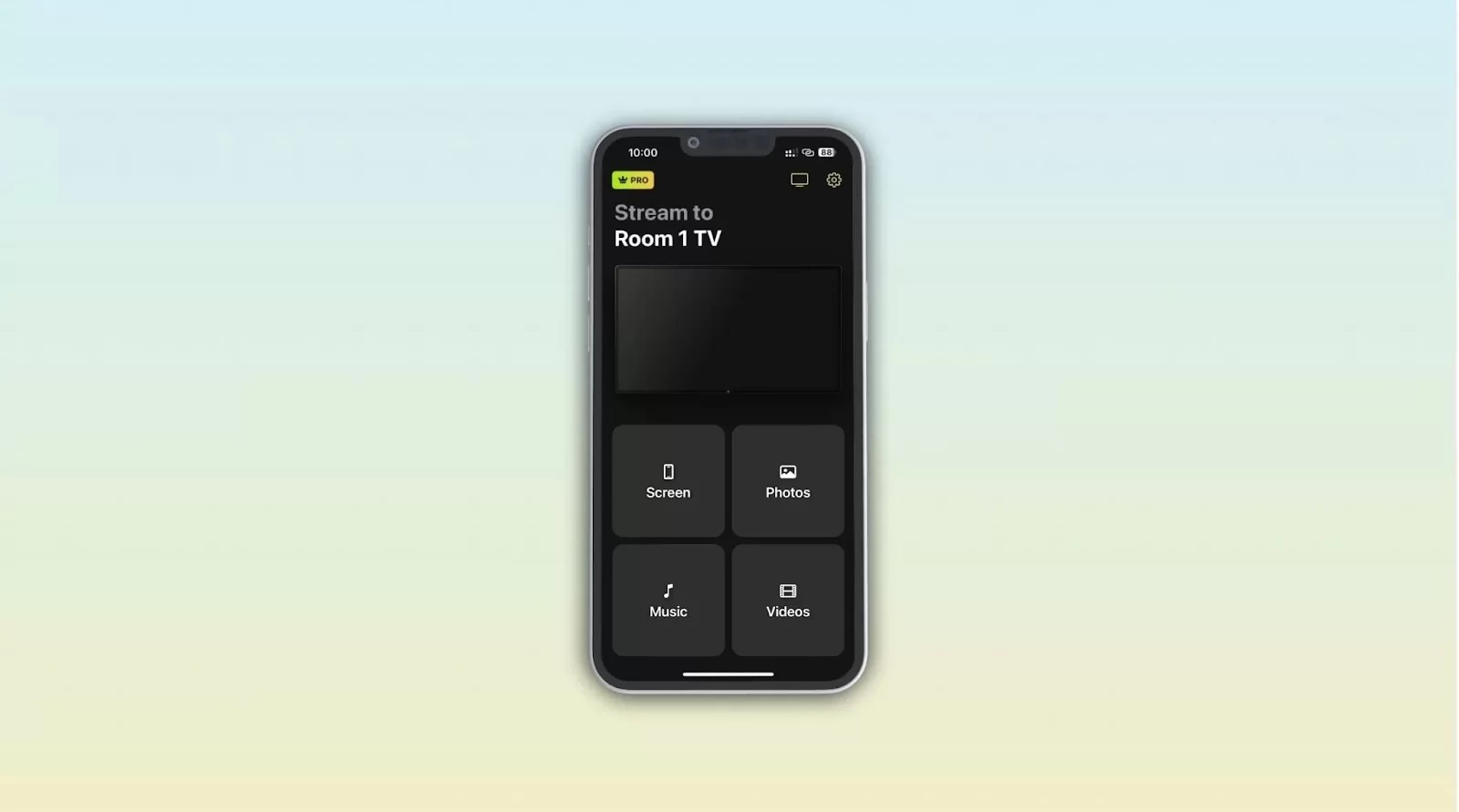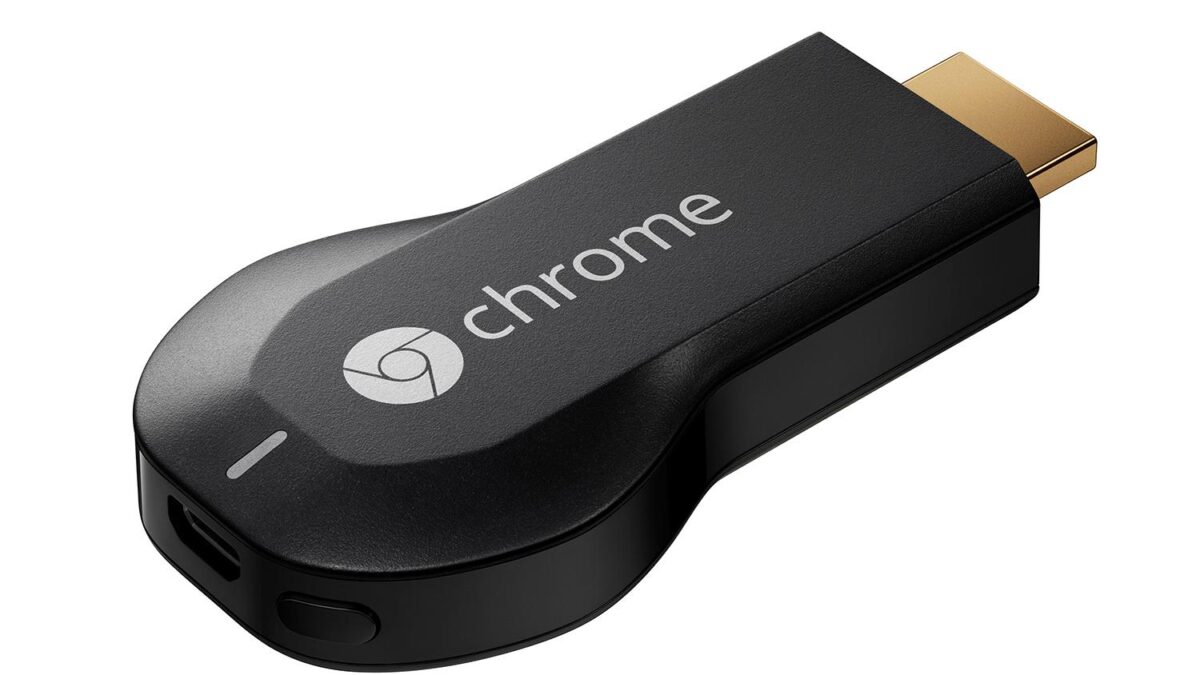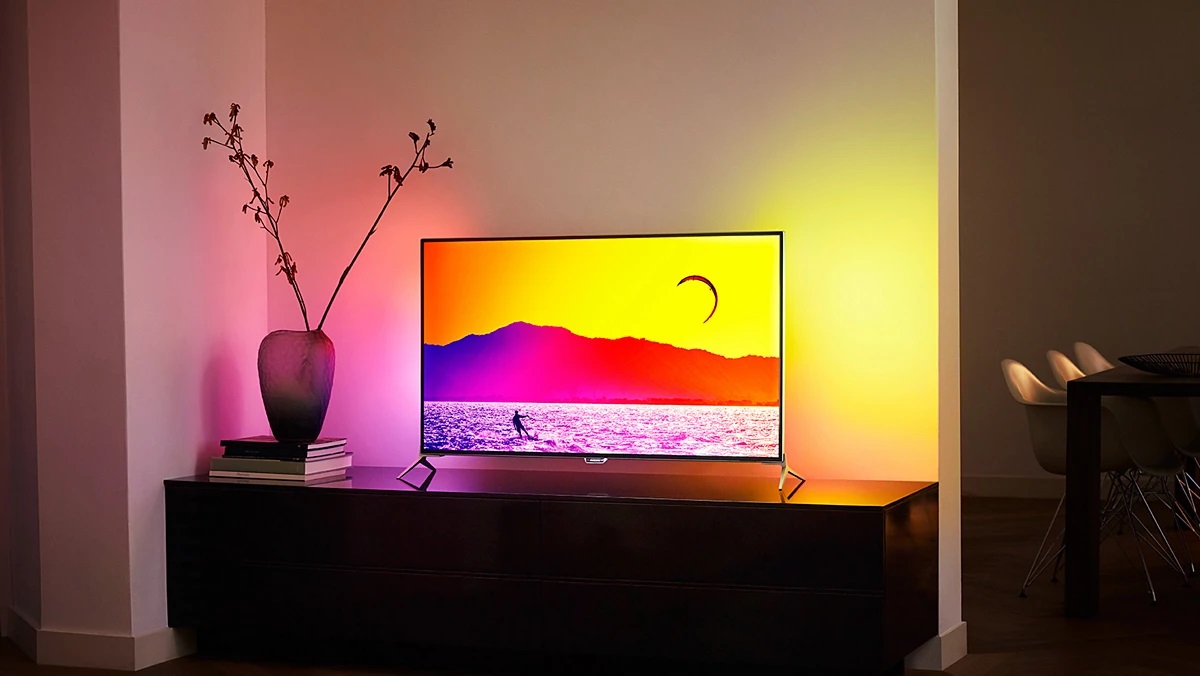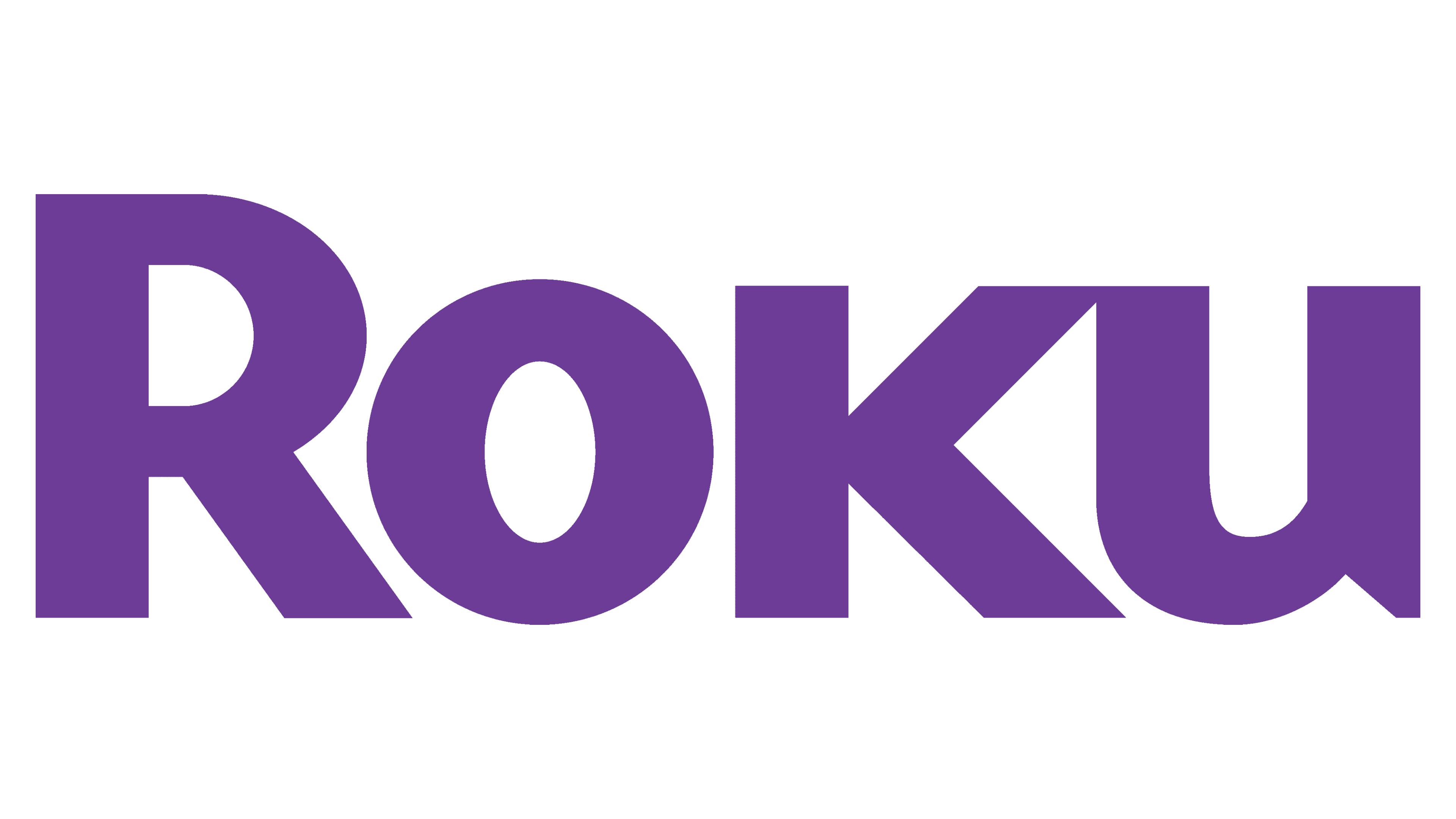Home>Software and Apps>Enhancing Chromecast with VPN for Seamless Streaming


Software and Apps
Enhancing Chromecast with VPN for Seamless Streaming
Modified: September 5, 2024
Enhance your Chromecast experience with a VPN for seamless streaming. Explore the best software and apps for secure and unrestricted access. Unlock a world of entertainment today!
(Many of the links in this article redirect to a specific reviewed product. Your purchase of these products through affiliate links helps to generate commission for Techsplurge.com, at no extra cost. Learn more)
Table of Contents
Understanding Chromecast
Before diving into VPNs, it's essential to understand Chromecast and its functionality. Chromecast, developed by Google, allows users to stream content from mobile devices or computers to TVs. The process is straightforward: plug the Chromecast device into your TV's HDMI port, download the Google Home app, and cast your favorite shows or movies to your TV.
The Challenges of Streaming
While Chromecast offers a convenient way to stream media, several challenges often arise:
- Geo-Restrictions: Many streaming services are only available in specific regions. For example, Netflix content varies significantly between the United States and other countries. This can be frustrating for travelers or expats who want to access their usual streaming services.
- Data Throttling: Internet Service Providers (ISPs) often throttle data speeds during peak usage hours or for users who consume large amounts of bandwidth. This can lead to buffering and poor video quality.
- Security Risks: Streaming media over public Wi-Fi networks can expose personal data to hackers. This is particularly concerning when dealing with sensitive information like login credentials or payment details.
- ISP Surveillance: ISPs may monitor online activities, which could be a concern for those who value their privacy.
How VPNs Work
A VPN creates a secure and encrypted connection between your device and a VPN server. Here’s how it works:
- Encryption: When connecting to a VPN server, all internet traffic is encrypted. This means that even if someone intercepts your data, they won’t be able to read it.
- Masking IP Address: A VPN masks your IP address with that of the VPN server you’re connected to. This helps in bypassing geo-restrictions and maintaining anonymity online.
- Secure Tunneling: Data is routed through a secure tunnel created by the VPN connection. This ensures that your data remains private and secure while traveling through the internet.
Enhancing Chromecast with VPN
Combining Chromecast with a VPN can significantly enhance your streaming experience:
Bypassing Geo-Restrictions
One of the primary benefits of using a VPN with Chromecast is bypassing geo-restrictions imposed by streaming services:
- Choose a VPN Server: Select a VPN server located in the region where your desired streaming service is available.
- Connect to VPN: Connect to the chosen VPN server using your VPN app.
- Cast Content: Cast your desired content from your device to Chromecast while connected to the VPN.
Avoiding Data Throttling
Data throttling can significantly affect your streaming experience by causing buffering and poor video quality. A VPN helps avoid this issue by encrypting your internet traffic:
- Encrypt Data: By encrypting all your internet traffic, a VPN makes it difficult for ISPs to detect that you’re streaming large amounts of data.
- Anonymize Traffic: Since your traffic appears as normal browsing activity rather than high-bandwidth streaming, ISPs are less likely to throttle your connection.
Enhancing Security
Using a VPN with Chromecast enhances security in several ways:
- Secure Connection: The encrypted connection provided by a VPN ensures that any data exchanged between your device and Chromecast remains private.
- Protection Against Hackers: Public Wi-Fi networks are notorious for being insecure. A VPN protects you from hackers who might try to intercept sensitive information like login credentials or payment details.
ISP Surveillance Protection
ISPs often monitor user activities for various reasons including targeted advertising and data collection. A VPN protects against ISP surveillance by masking your IP address and encrypting all internet traffic:
- Anonymity: Since your IP address is masked with that of the VPN server, ISPs cannot track your activities.
- Encryption: Even if ISPs intercept some data, they won’t be able to read it due to encryption.
Choosing the Right VPN
Not all VPNs are created equal; some offer better performance and security features than others. Here are some key factors to consider when choosing a VPN for enhancing your Chromecast experience:
Speed
Speed is crucial for smooth streaming. Look for VPNs that offer fast speeds without compromising on security:
- Server Locations: Choose a VPN with servers located near you for better performance.
- Protocol Support: Opt for VPNs that support protocols like OpenVPN or WireGuard which are known for their speed.
Security Features
A good VPN should have robust security features:
- Encryption Methods: Ensure the VPN uses strong encryption methods such as AES-256.
- Kill Switch: A kill switch feature automatically disconnects your internet if the VPN connection drops, preventing any data leaks.
Compatibility
Ensure the VPN is compatible with both your device and Chromecast:
- Device Compatibility: Check if the VPN app is available on both Android and iOS devices.
- Chromecast Compatibility: Some VPNs may not work well with Chromecast due to specific requirements like DNS leak protection.
Customer Support
Good customer support is essential in case you encounter any issues:
- 24/7 Support: Look for VPNs offering 24/7 customer support via multiple channels like live chat or email.
- Knowledge Base: A comprehensive knowledge base can help resolve common issues quickly.
Popular VPNs for Chromecast
Here are some popular VPNs known for their performance and security features:
-
ExpressVPN
- Known for its fast speeds and robust security features, ExpressVPN is a top choice among users.
- Offers a wide range of server locations worldwide.
- Supports multiple protocols including OpenVPN and WireGuard.
-
NordVPN
- Offers excellent security features including double encryption and a kill switch.
- Has a large network of servers across the globe.
- Supports up to six simultaneous connections.
-
Surfshark VPN
- Offers unlimited simultaneous connections making it ideal for households with multiple devices.
- Provides strong encryption methods and a kill switch feature.
- Supports multiple protocols including OpenVPN and IKEv2.
-
Private Internet Access (PIA)
- Known for its affordability without compromising on security features.
- Offers a large network of servers worldwide.
- Supports multiple protocols including OpenVPN and PPTP.
-
TunnelBear VPN
- Offers user-friendly interface making it easy to use even for beginners.
- Provides strong encryption methods and a kill switch feature.
- Supports up to five simultaneous connections.
Setting Up Your VPN with Chromecast
Setting up a VPN with Chromecast is relatively straightforward:
- Download and Install VPN App: Download and install the VPN app on your device (smartphone or tablet).
- Connect to VPN Server: Launch the app and connect to a VPN server located in the region where your desired streaming service is available.
- Cast Content: Once connected, cast your desired content from your device to Chromecast.
Tips for Seamless Streaming
To ensure seamless streaming experience with Chromecast and VPN:
- Optimize Your Network Connection: Ensure that your internet connection is stable and fast enough to handle high-bandwidth streaming.
- Choose Right Server Location: Select a VPN server located near you or in the region where your desired streaming service is available.
- Use Quality of Service (QoS): Some routers allow setting up Quality of Service (QoS) rules which can prioritize traffic for specific applications like streaming services over others like general browsing.
- Regularly Update Your VPN Software: Regularly update your VPN software to ensure you have the latest security patches and performance improvements.
Using a VPN with Chromecast offers numerous benefits including bypassing geo-restrictions, avoiding data throttling, enhancing security, and protecting against ISP surveillance. By choosing the right VPN that offers fast speeds, robust security features, compatibility with both devices and Chromecast, and good customer support; you can enjoy seamless streaming experiences without worrying about any potential issues. Whether you're a frequent traveler or simply want to access content from different regions; incorporating a VPN into your streaming setup is an essential step towards maximizing your entertainment options while maintaining online privacy and security.


